The Oscar-winning filmmaker Adam McKay is quite popular for his bold social commentary, and this time around, he’s turned his attention to the Ariana Grande starrer, Wicked. Alongside her is Cynthia Erivo, and the cinematic adaptation of one of the most cherished Broadway musicals, directed by Jon M. Chu.
 Adam McKay | CBS Sunday Morning / YouTube
Adam McKay | CBS Sunday Morning / YouTubeBut McKay suggests that there is more to the world of Elphaba and Glinda, which might get it banned. For fans who’ve come to love the lush visuals and beautiful narrative of the movie, his prediction is a complete disappointment. But what made McKay dish out such a statement, what did he exactly mean, and is there any merit to his words? Here’s a breakdown!
Adam McKay’s perspective on Wicked and why it might get banned
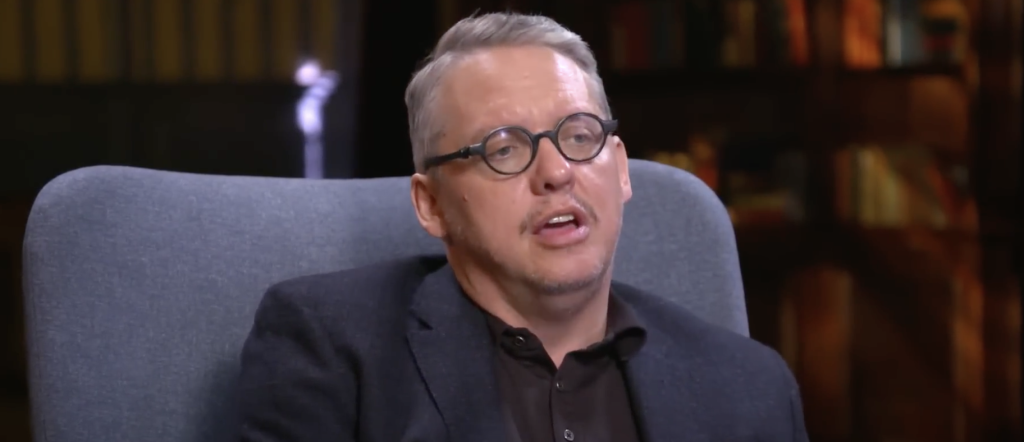 Adam McKay | CBS Morning / YouTube
Adam McKay | CBS Morning / YouTubeAdam McKay took to X (formerly Twitter) to express his admiration for Wicked because the movie unapologetically explored resistance against systematic forces. According to him, releasing the film was important due to the current political climate in America, signaling polarization and increasing authoritarianism.
On a pure storytelling level Wicked Part 1 is right up there as one of the most radical big studio Hollywood movies ever made.
I know Part 2 swings back to the center a bit but Part 1 is nakedly about radicalization in the face of careerism, fascism, propaganda.
According to him, the film’s narrative shows how Elphaba transforms from a misunderstood outcast to a revolutionary and is a critique of the status-quo society where power structure and societal norms are predominant. While the story originates from Gregory Maguire’s novel and the Broadway musical, McKay believes its cinematic adaptation amplifies its themes in a way that resonates profoundly with contemporary audiences.
And because it’s Twitter the “always be reviewing everything all the time”crowd immediately goes to “Wow. You really liked Wicked THAT much?”
I’m not reviewing the movie. I’m talking about the story and POV as a commercial worldwide film
To put it into perspective, McKay compared Wicked to “radical” Hollywood movies such as Bridge on the River Kwai and The Hunger Games. Much like the Cynthia Erivo starrer, these films also challenge authority and resist conformity, so their cultural impact sparks several meaningful conversations.
The socio-political undertones of Wicked
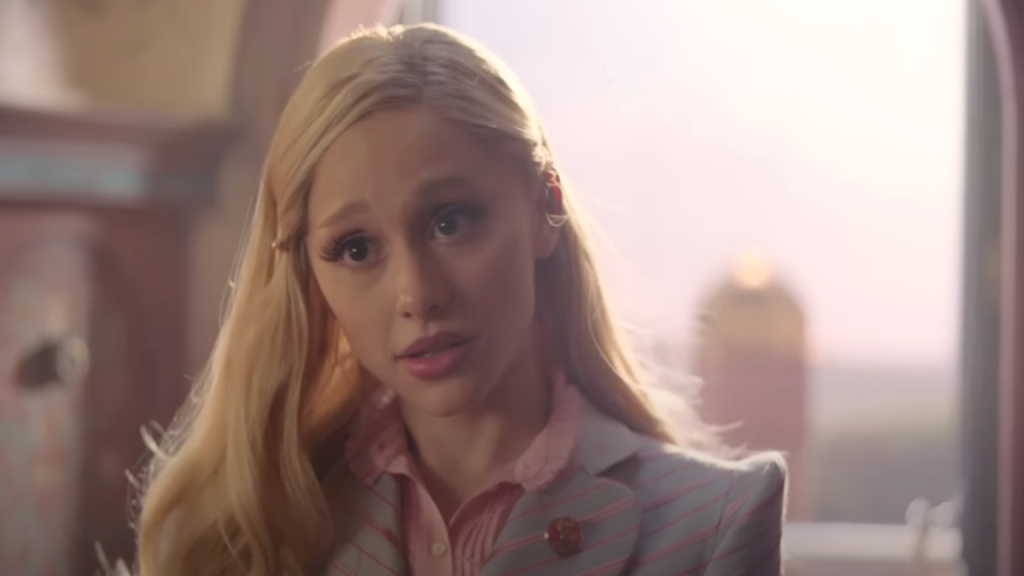 Ariana Grande in Wicked | Universal Pictures
Ariana Grande in Wicked | Universal PicturesWicked is essentially a story about defying the expectations set on you, and embracing your own individuality. Elphaba’s journey is all about going against propaganda and taking on a fight against systemic injustice. With time, we see her becoming more aware of the corrupt powers that rule her world.
So her transformation into “Wicked Witch of the West” shouldn’t be seen as the descent of a villain, but a powerful way of showing resistance. The movie is brimming with themes of propaganda, and careerism. They’ve also juxtaposed Glinda’s arc with Elphaba, highlighting how pursuing our ambitions often comes at a personal cost and compromise.
The reason that Wicked is relevant in today’s political and cultural landscape is the way it critiques blind loyalty to people in power. It celebrates the ones who have enough courage to challenge the present circumstances, something that many believe is needed in the country.
Historical context: radical films and controversy
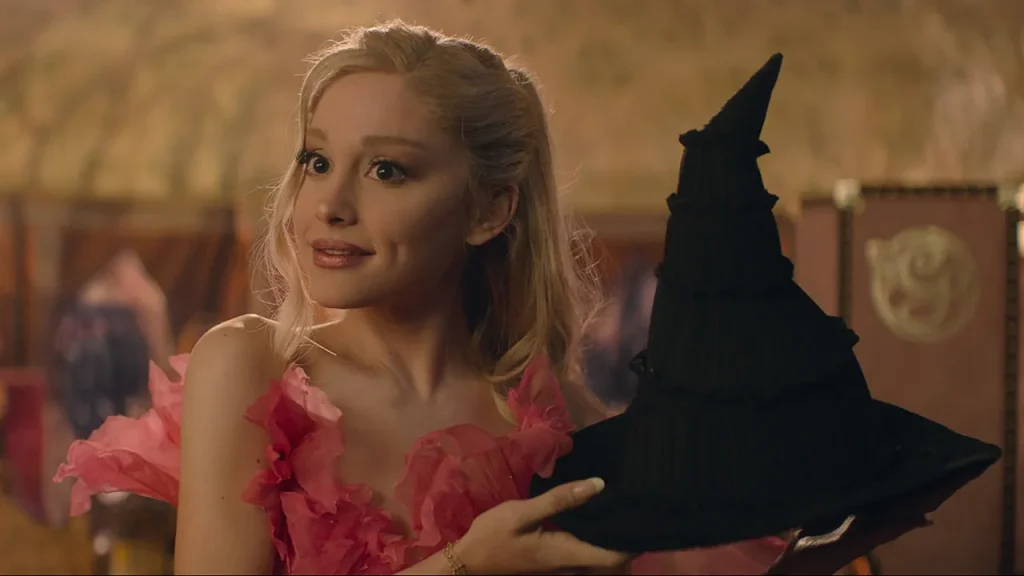 Ariana Grande in a still from Wicked | Universal Pictures
Ariana Grande in a still from Wicked | Universal PicturesHollywood is one creative space where people can create projects that push boundaries and provoke intense reactions. Let’s take Fahrenheit 9/11 into consideration, it was a documentary about the inner workings of the Bush administration, or The Last Temptation of Jesus which was ultimately banned for the way it portrayed Jesus.
It’s films like these, and Wicked that dare to challenge pre-existing narratives while offering better and alternative perspectives. But even criticizing authoritarianism could get the film into trouble for targetting the folks who are uncomfortable with its larger message.
Hunger Games.
That’s a big one.
It’s incredibly left wing.
McKay’s suggestion that the film might be banned is not far-fetched when viewed through this lens. In an era where political and cultural divisions run deep, stories that question the status quo are often met with resistance.
Audience’s reaction to Wicked and its cultural impact
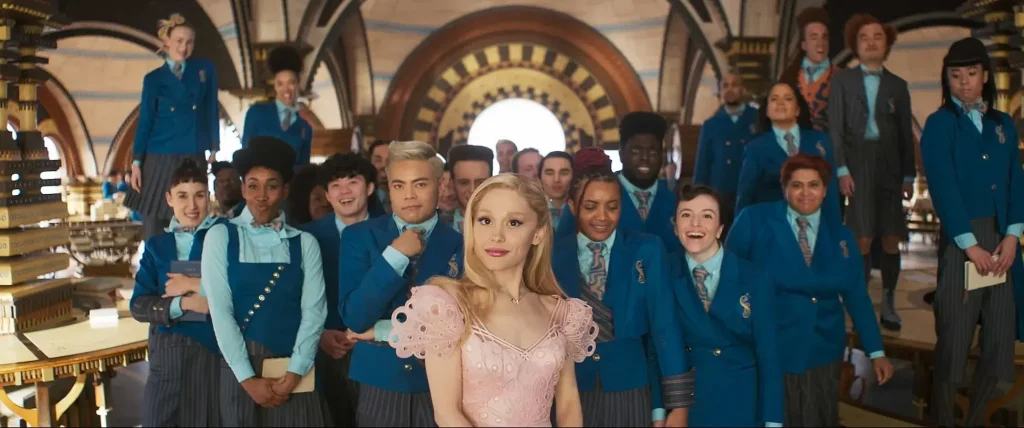 Ariana Grande in a still from Wicked | Universal Pictures
Ariana Grande in a still from Wicked | Universal PicturesEver since its release, the movie has been loved by many! Critics have praised Wicked endlessly for having stunning visuals. Plus the performances have been compelling and the filmmakers have remained faithful to the adaptation. The audience loved it too, and many have highlighted how it is relevant to the current issues.
Cinephiles have gotten together to discuss the film’s themes, trying to draw parallels between what happens in the movie and real-world events. If you think about it, Elphaba’s quest does seem like a struggle of resistance and oppression. The movie has led to the kind of conversations that could slowly shape our cultural discourse.
Even financially, the film’s success suggests that there is a broader audience who appreciates the charm of musicals. With a global box office gross of $586.3 million against a $150 million budget, Wicked has proven to be both a critical and commercial triumph (via The Numbers).
Adam McKay’s assertion that Wicked might face bans underscores the film’s cultural and political resonance. By challenging societal norms and celebrating individuality, the film has positioned itself as a bold and impactful work of art. Whether or not McKay’s prediction comes true, the film has already made its mark as a story that dares to ask questions.
.png)
 1 week ago
13
1 week ago
13

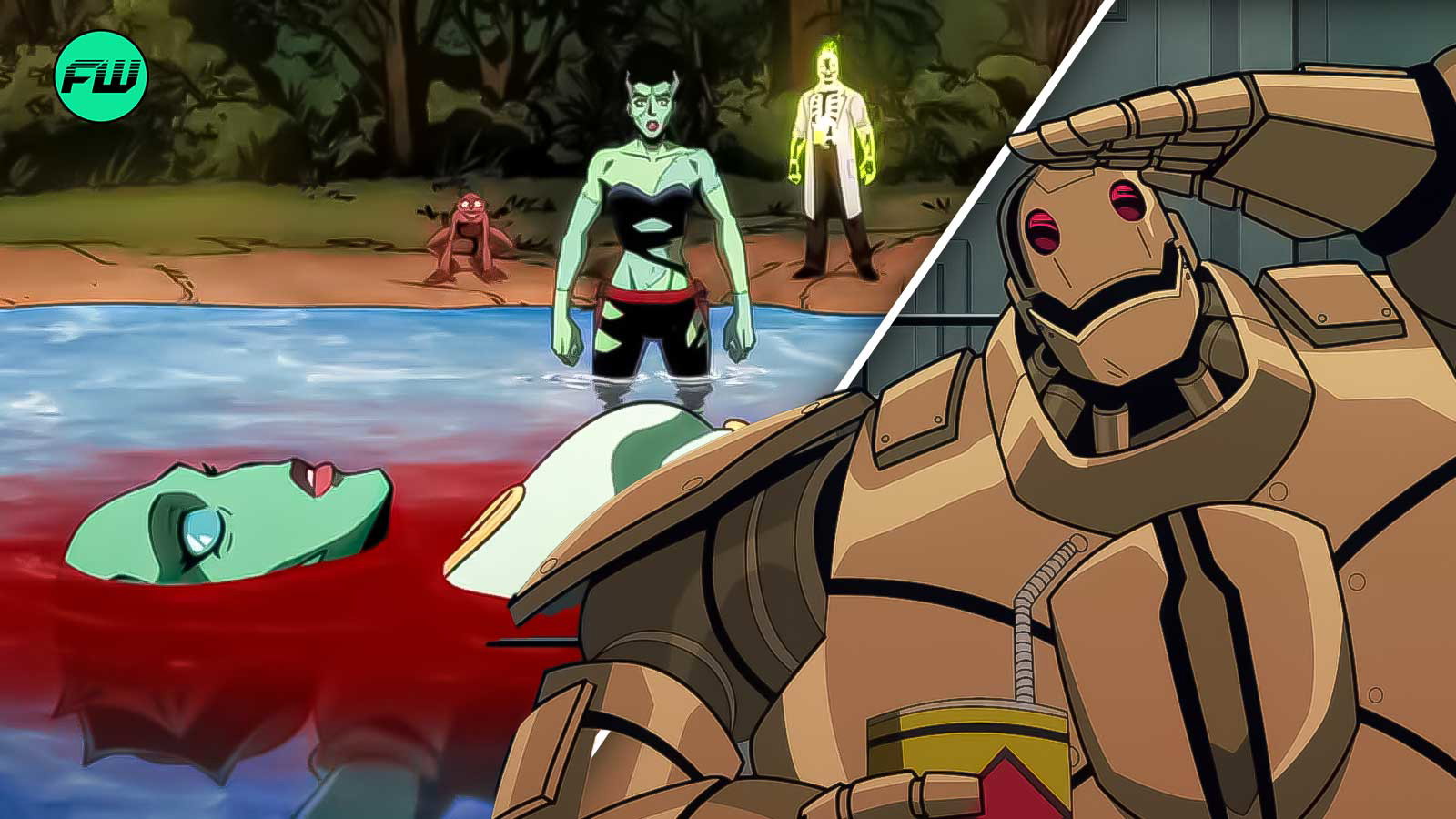
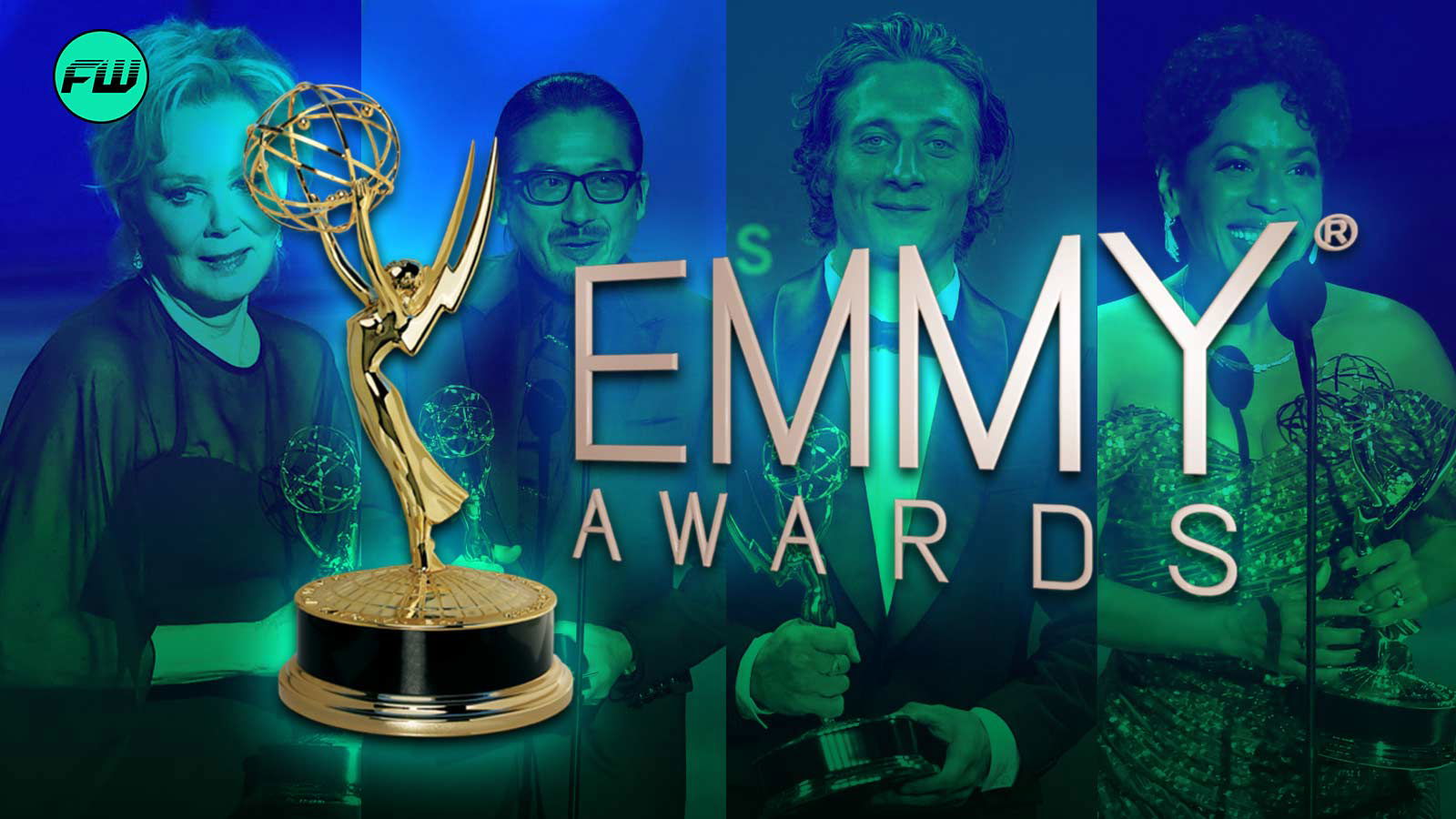
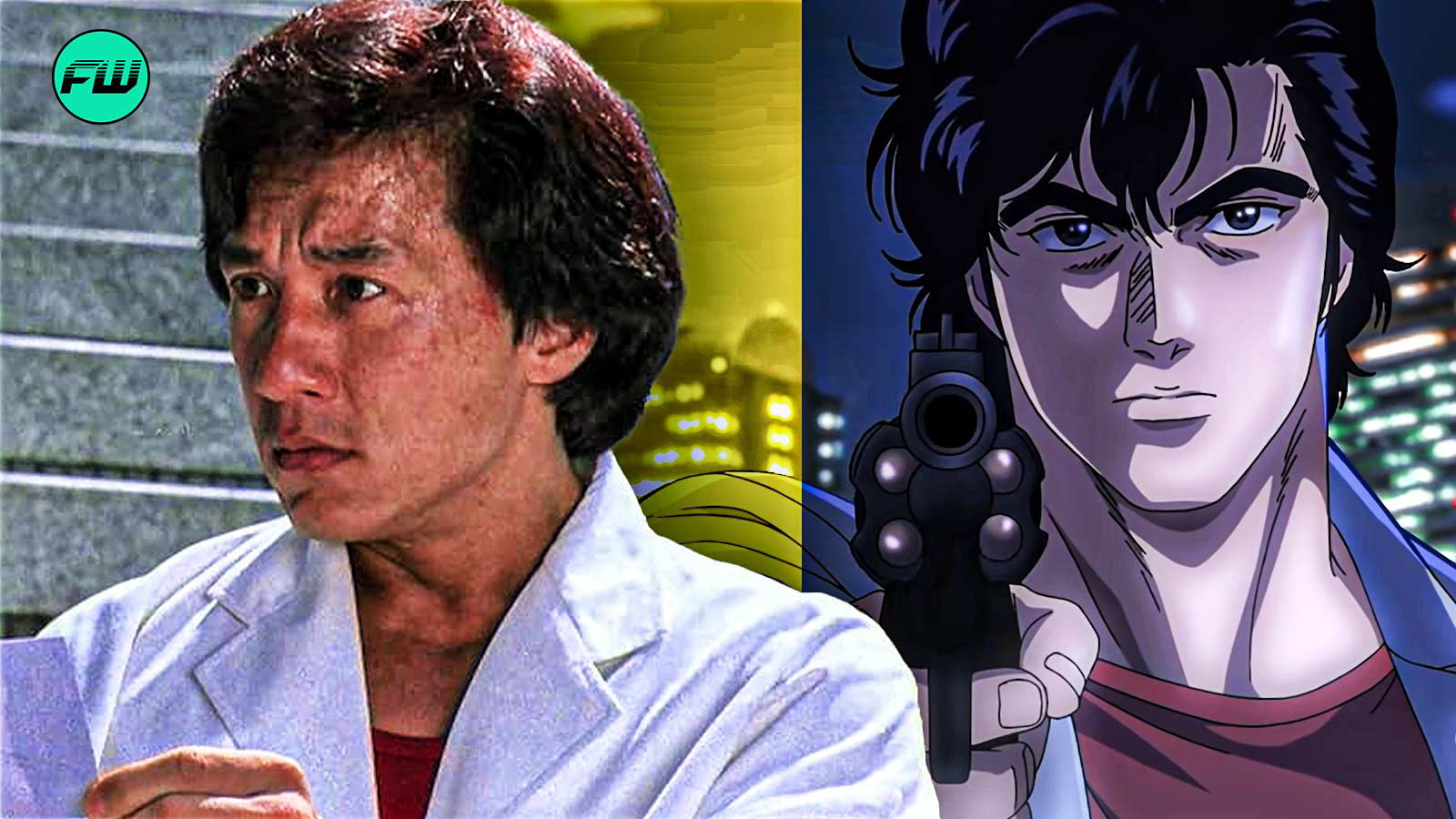


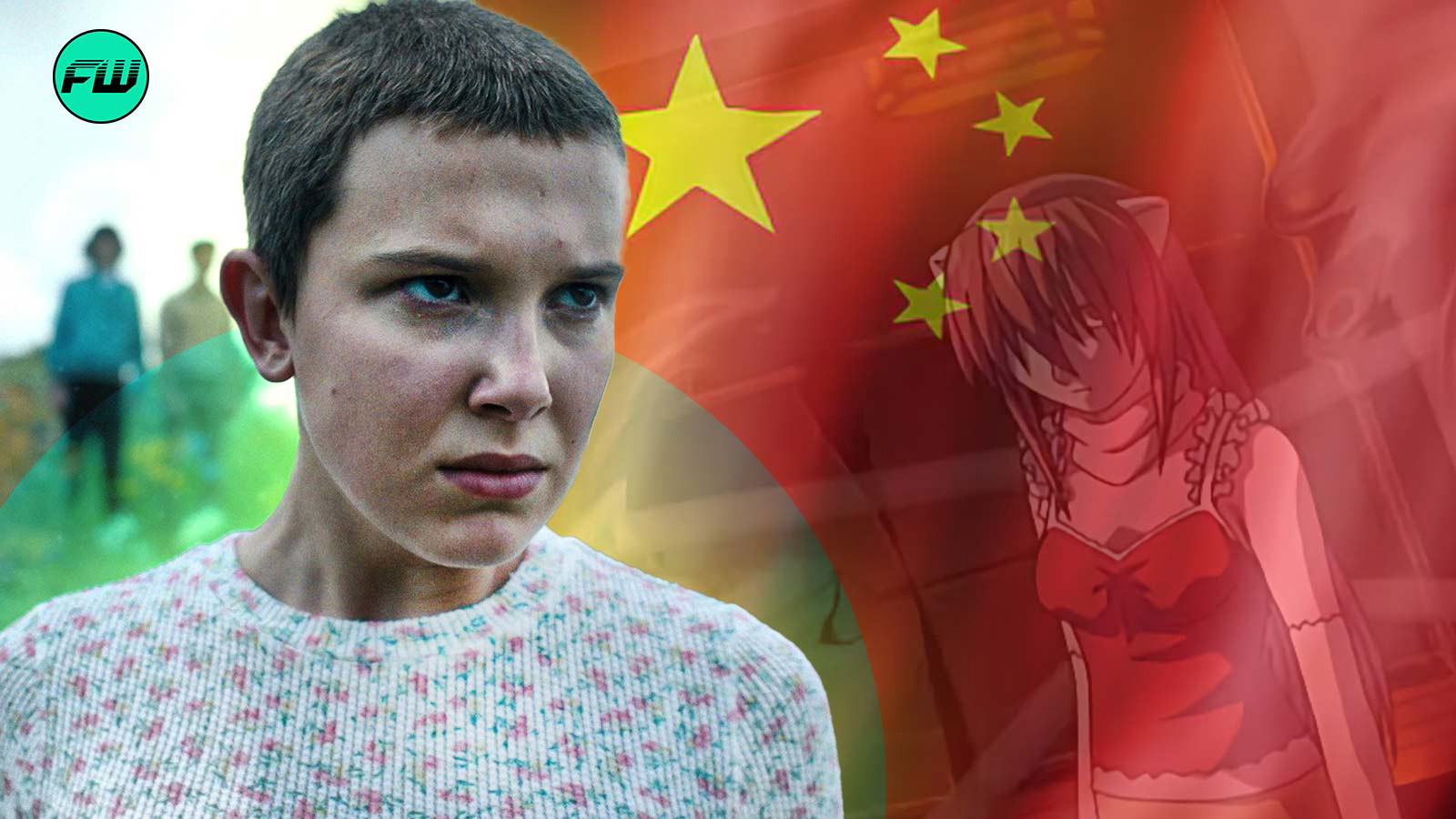

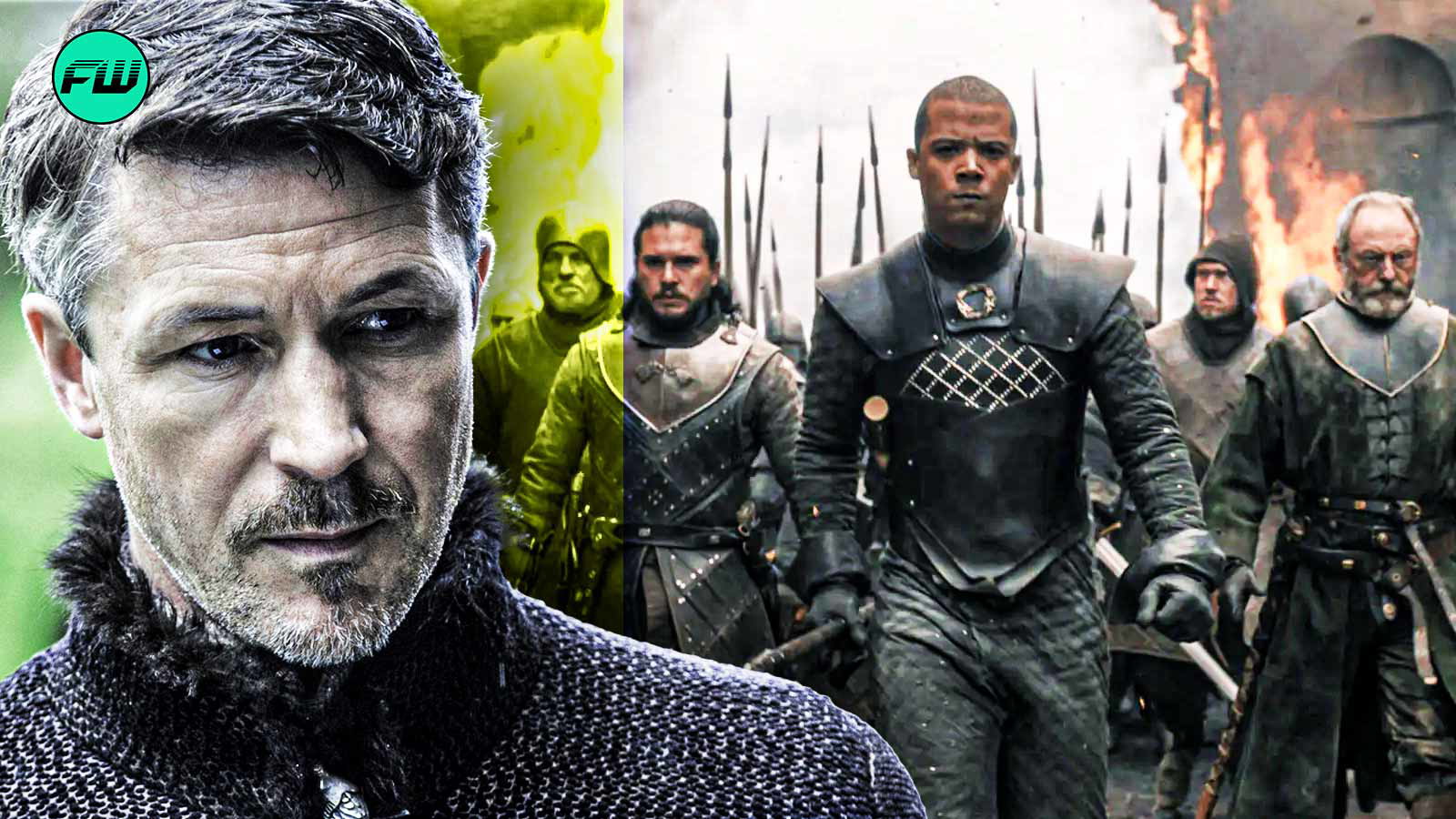
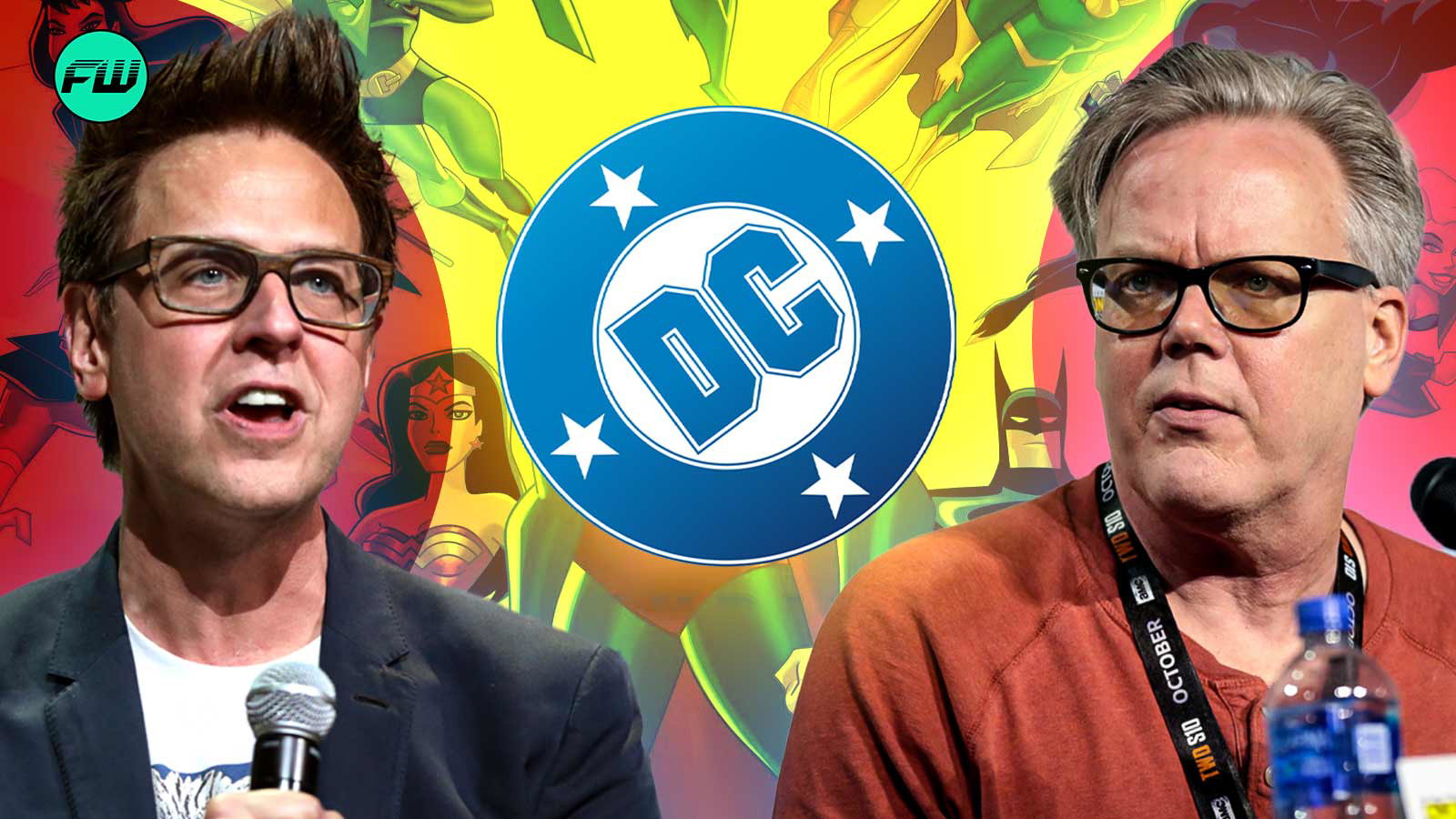
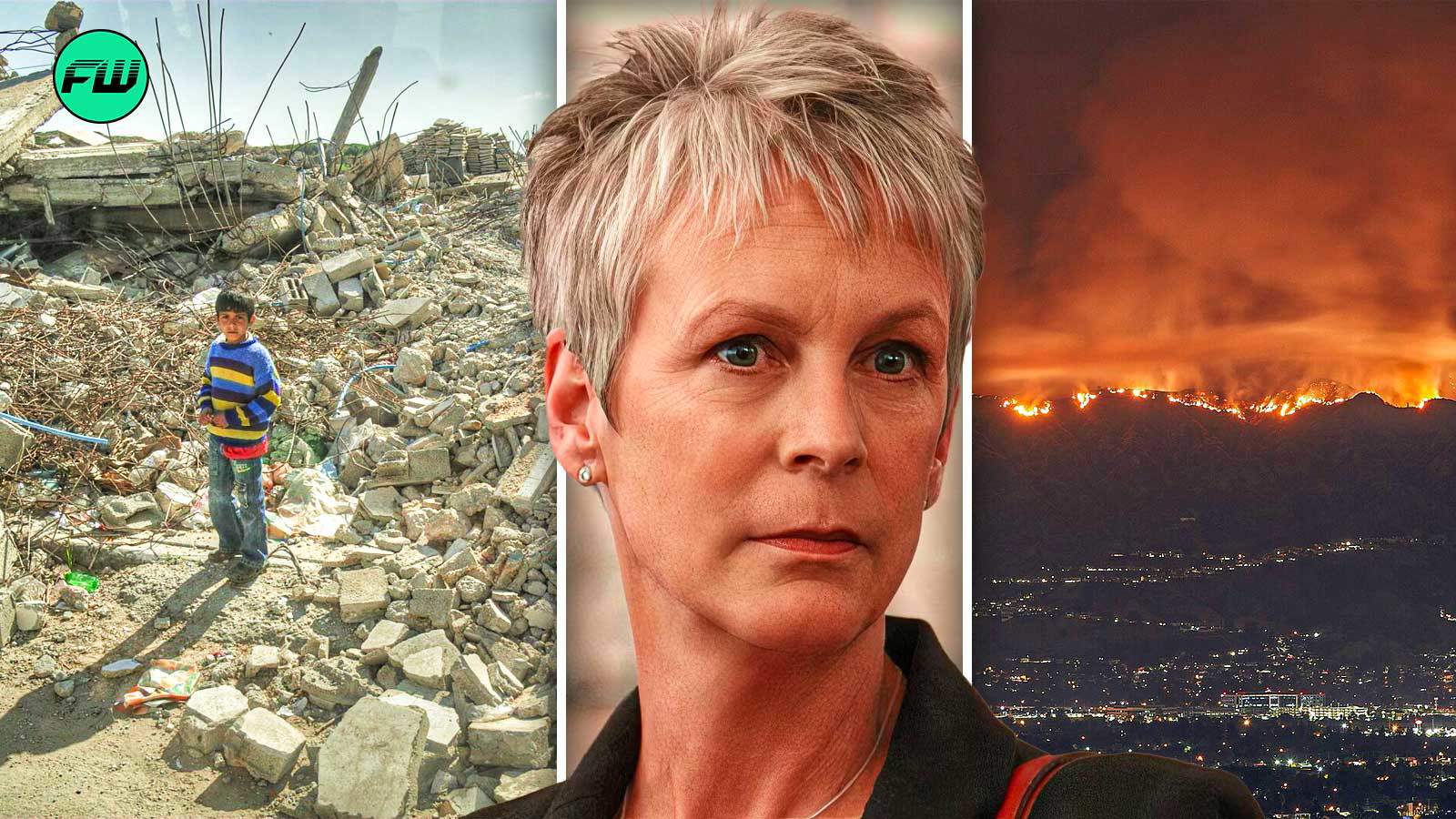























 Bengali (BD) ·
Bengali (BD) ·  English (US) ·
English (US) ·